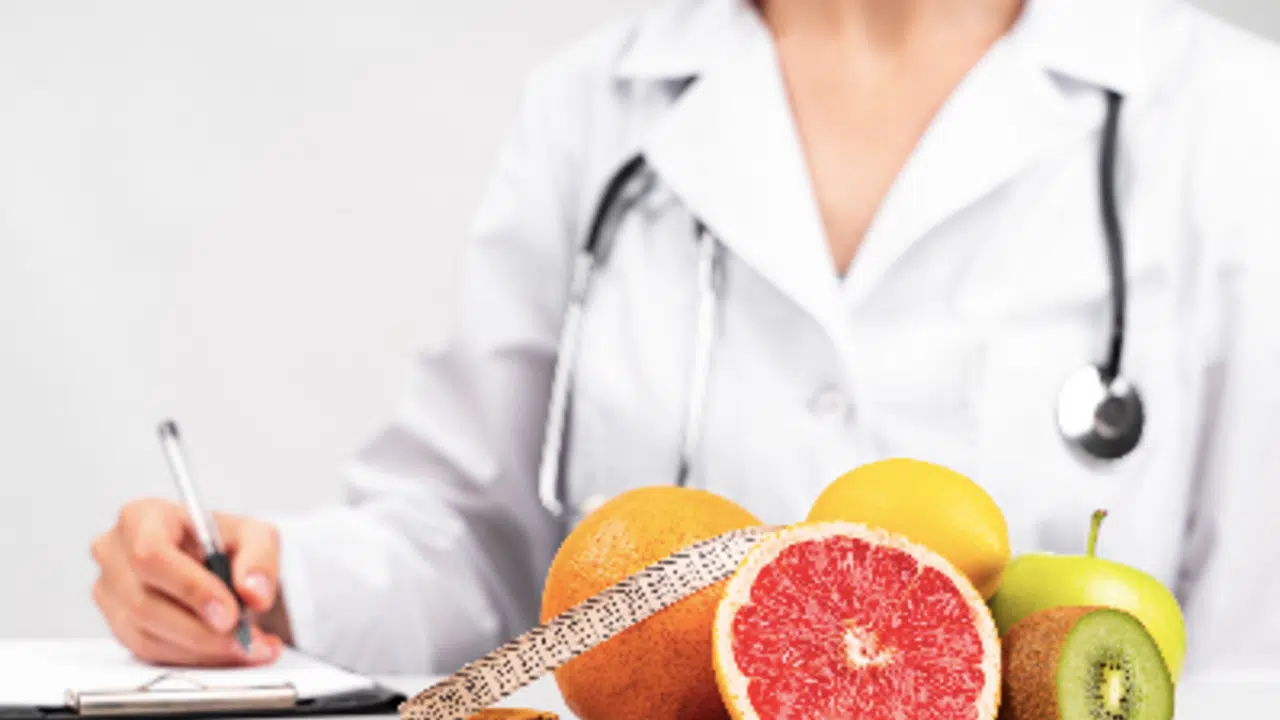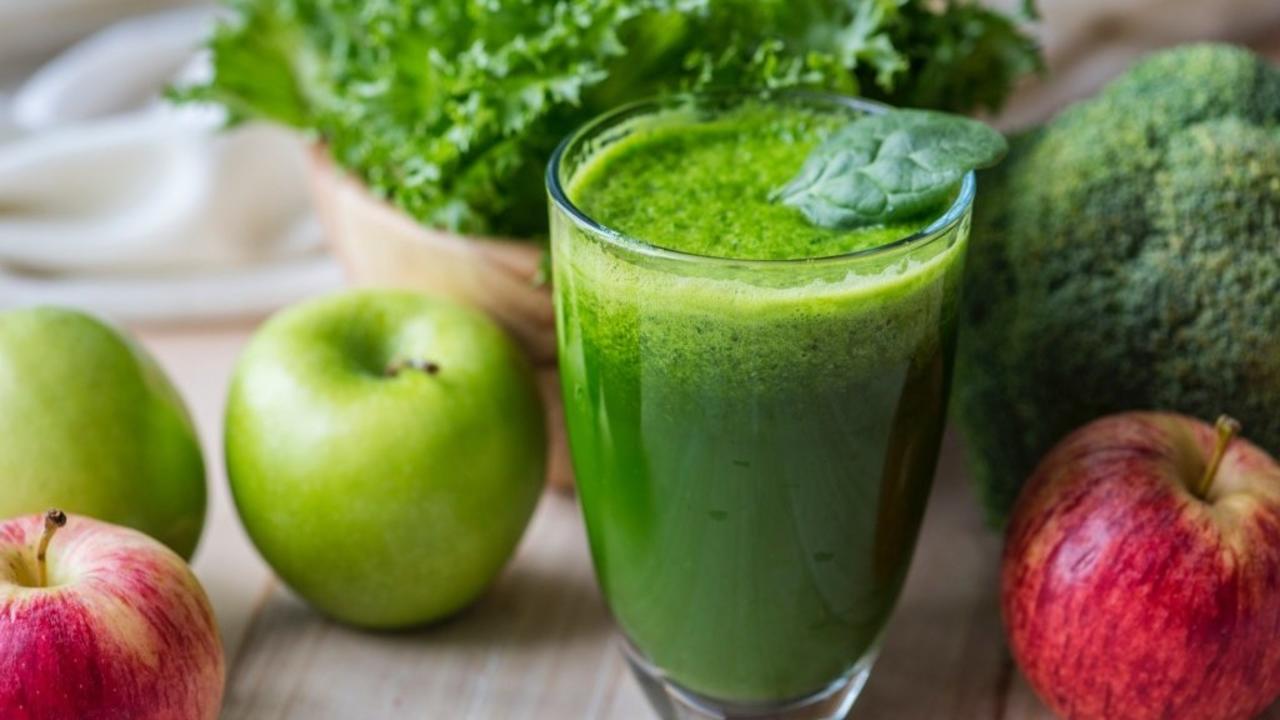What is migraine?
Migraine is a neurological disorder (nerves and brain system) that tends to be a very strong headache usually with a pulsing sensation in one side of your head. It is very common and there are things you can do to try to help.
Migraine usually last between 2 hours to 3 days. The frequency varies, as some people might have migraine several times a week and others not so often.
Some of the side effects of migraine include feeling very tired even 2 days before the bad headache starts, lasting until after 2 days it stops.
What causes migraine?
They are known to be triggered by stress, very intense physical activities, hormonal changes, low blood sugar, skipping meals, dehydration, alcohol intake, consumption of energy drinks, and the intake of some allergenic foods. Allergenic food include: gluten, milk and dairy, soy, corn, sugar, some citrus fruits, and eggs.
Migraine and nutrition
Let’s explore the role of nutrition in the attempt to manage migraine.
Did you know that a nutritionist can help you to manage migraine? That’s right. In our practice, we have helped people to manage their migraine by eliminating the foods they are intolerant.
There are some research and evidence showing that patients that test positive for food sensitivities have worse migraine, anxiety and gastro symptoms. If you suffer with migraine and you don’t know yet the reason, you might be intolerant to some food that cause migraine. so it is worth testing.
As mentioned before, generally, foods such as gluten, milk and dairy, soy, corn, sugar, some citrus fruits, and eggs can cause migraines because they are characterised as allergenic foods that result in body intolerances.
These intolerances occur when we eat the food and we can’t digest it properly. Thus, because of improper chewing, some smallest particles of food are released into the blood and can activate the immune system and produce inflammation in the body, which can be caused by an allergy, intolerance, itching, sneezing, and migraine.
However, not everyone who develops allergies/intolerances to these foods will have migraines. It is necessary to check which food causes intolerance.
It is very easy and simple to test for food intolerances. Find out more here.
Other ways to prevent migraine is to pay attention to your daily routine and here are some tips.
What should you include in the diet to prevent the Migraine Symptoms?
- Increase water intake to be well hydrated
- Healthy fats: Salmon, sardines, oilseeds (almonds, nuts), chia seeds, flaxseeds, sesame seeds and pumpkin seeds.
- Foods source of magnesium: Banana, oats, avocado, spinach, kale.
Which food should you reduce to prevent Migraine?
- Soft drinks, alcoholic drinks and energy drinks
- Processed foods, fried foods, sugars
- Milk and dairy products
- Carbohydrates: bread, pasta, cakes.
- Some citrus fruits: orange, lemon, kiwi
- Foods you tested positive for intolerance
What lifestyle changes should you do?
- Manage stress by engaging in relaxation activities
- Sleep between 7-8hours/day
- Avoid skipping meals
In summary, migraine is a neurological disorder, that can be caused by different factors. The frequency and intensity of migraine can vary to each person. There are ways to manage symptoms and try to prevent strong pain with nutrition and lifestyle.
If you found this information useful and want to speak to a nutritionist near you, book your consultation by clicking below.




